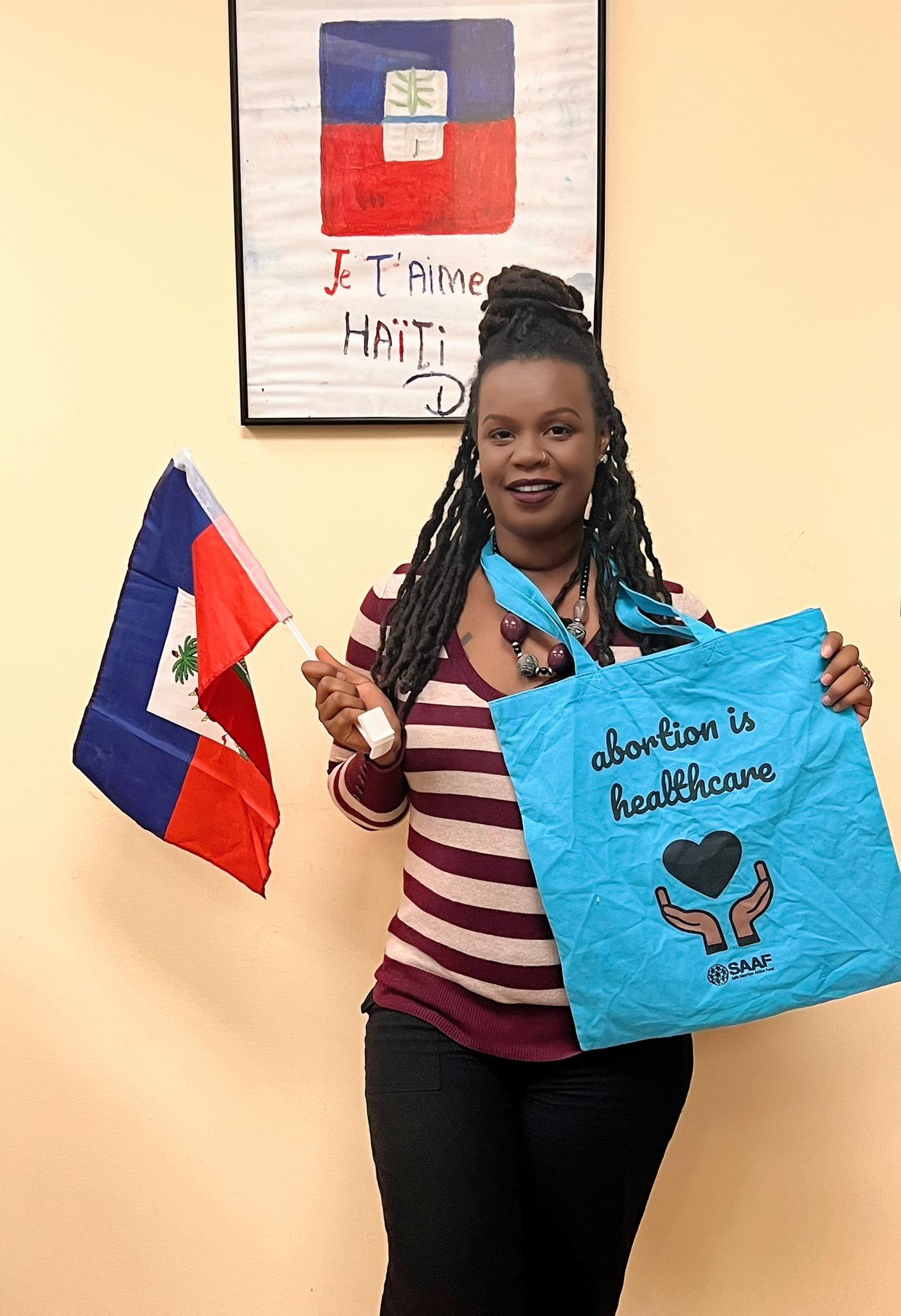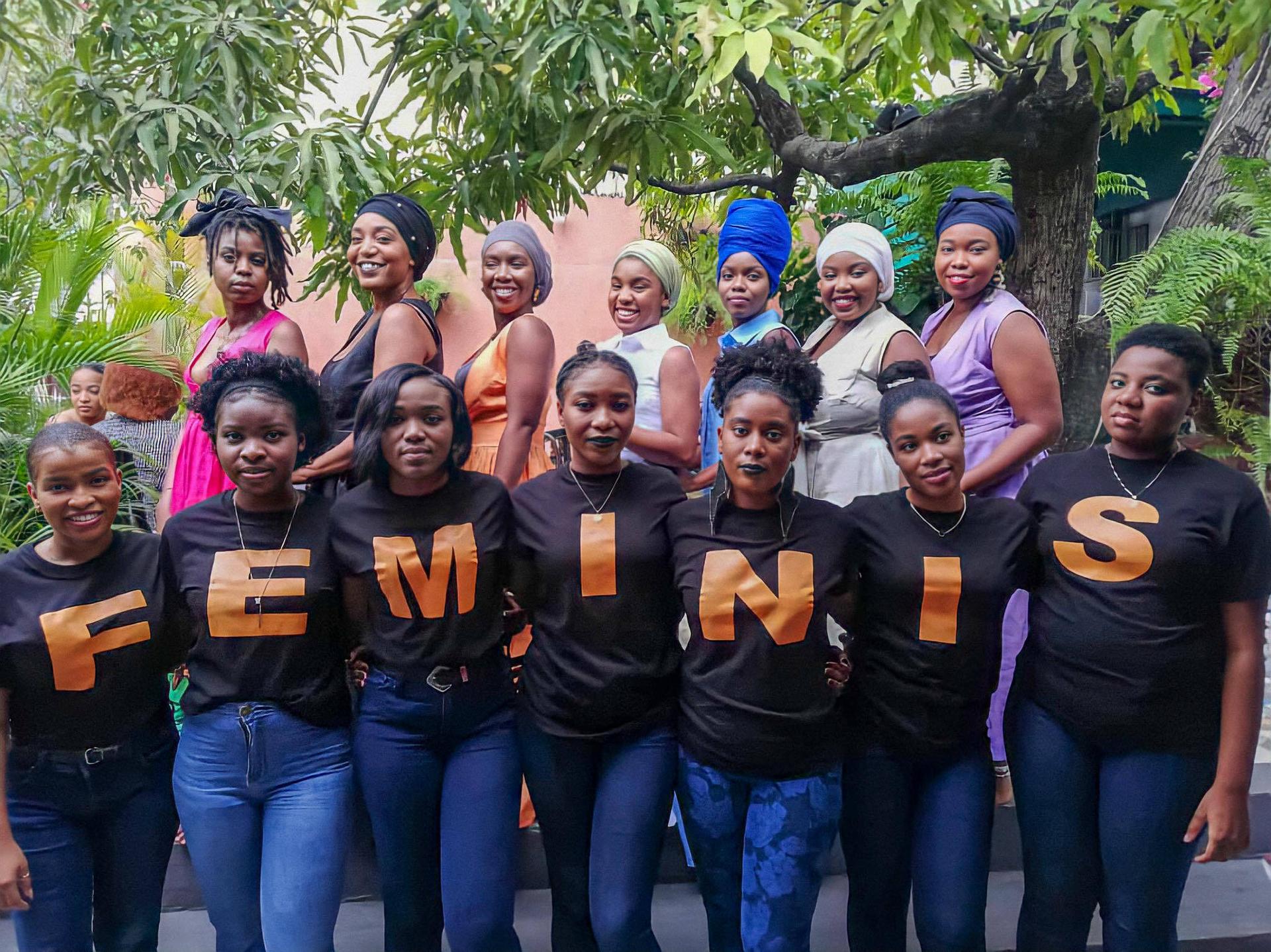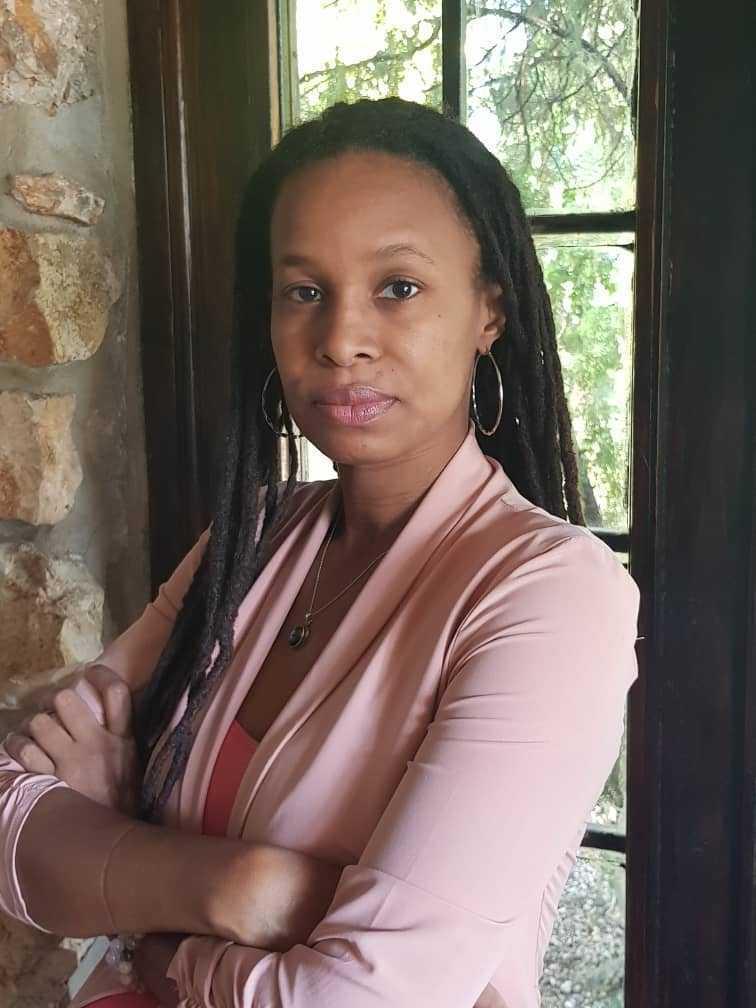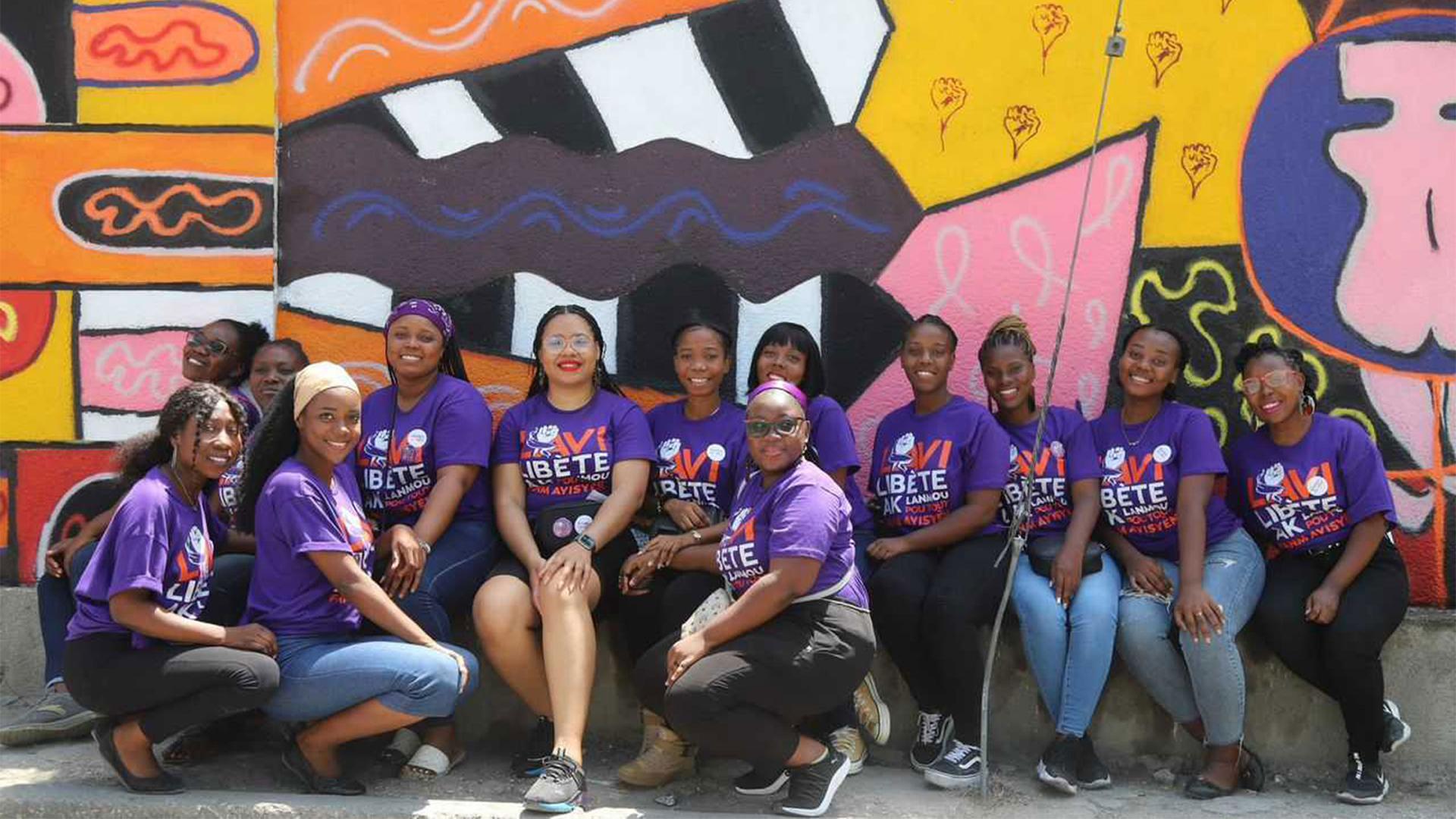Since Haiti’s President Jovenel Moïse was assassinated in July of 2021, the country’s capital of Port-Au-Prince has turned into a battlefield for violent gangs. They continue to fight for territorial control of residential areas and are increasingly using violence against women as a weapon of war.

Even with few resources, Solages’ organization is trying to address some of the horror that Haitian women are facing. “We give medical assistance, legal, psychological and economic support, and we help relocate women and girls who had to leave their neighborhoods,” she explained.
She and her team are used to receiving multiple calls a day from sexual abuse survivors, sometimes late at night, who tell her about their painful experiences. “Sexual violence has now become a systematic problem in Haiti,” Solages said, “and perpetrators operate with complete impunity.”
In 2023, close to 3,000 people were kidnapped by gangs in Haiti, according to the UN. “When gangs kidnap a woman, almost always they rape her,” she said. Many women have been taken as hostages and kept as sex slaves.
“In a neighborhood attack, a gang member can suddenly decide that a woman is his wife or his girlfriend and that he wants to have sex with her,” Solages explained. “And many times, to survive, the women have to accept.” She said some of the women who are in this situation have handed their children to her organization to try to protect them from the violence happening in their own homes.
Collective rape is also common. In a recent case, she documented, a young woman was gang-raped by six men at her home in front of her siblings.
Another seven women were kidnapped while traveling on an urban bus in Port-Au-Prince late last year. They were kept for several days and forced to do laundry and make food. They were also raped multiple times by gang members. One of the survivors, a 17-year-old girl, got pregnant.
Nathalie Vilgrain is the head of Marijàn, another feminist organization in Port-Au-Prince, sheltering about 150 women who have been displaced by sexual violence.
She said that, in the last few months, her organization has been receiving between one or two women every month who get pregnant after being sexually abused. Most of the time, they have to carry the child, she said, because in Haiti, abortion is illegal, even in cases of rape.
Some organizations have been trying to help pregnant women perform safe abortions, “because, if not, many will do it anyway,” she said.
“We don’t have any government official to speak to. We don’t have a president. We don’t have a parliament. Elections are not on the table amid this security crisis. There’s nothing that can be done at the moment to advance legislation.”
Both Solages and Vilgrain have been trying to advocate for women’s rights in Haiti, but it’s a major challenge. “We don’t have any government official to speak to. We don’t have a president. We don’t have a parliament. Elections are not on the table amid this security crisis. There’s nothing that can be done at the moment to advance legislation,” Vilgrain said.
Solages said she and her staff face constant threats by the gangs. “They don’t like that we offer medical and legal support to survivors,” she said, adding that her work has caused her a lot of anxiety. Solages also said that finding people to work with her is difficult. “Many have reported psychological problems or leave shortly after they start, because the work is too hard.”
It’s difficult to know how many people have survived sexual violence in Haiti, because many cases go unreported, according to local activists.

But, an alarming spike in kidnappings was reported in 2023, close to four times more than the entire previous year. Women continue to be highly exposed to kidnappings and rape while traveling along roads controlled by gangs or when gangs take over control of residential areas.
The International Rescue Committee (IRC) and Marijàn conducted a survey among 299 women and girls in marginalized neighborhoods in Port-au-Prince in May of 2023, which showed that 63% of women had been forced to relocate because of the level of violence they experienced in their neighborhoods. One in five said they had been victims of rape, and 17% had experienced physical violence.
The IRC is training people on the ground to help survivors of sexual violence. It has also partnered with several organizations to create a network of support. “So, if a woman has come into one organization because she has suffered a gender-based incident, that person could be referred to the health organization to get her health, or psychological support, or shelter, depending on their needs,” said Nora Love, who is leading the IRC’s activities in Haiti.
But there are multiple challenges to supporting survivors, Love added, including the lack of resources and an ongoing political crisis. At the moment, there isn’t a single elected official left in Haiti.
Raising girls in Haiti

She and her kids haven’t been attacked by gang members directly so far, but she said it could happen at any time. “At the moment, the kids are basically [under] house arrest. They don’t go out. They don’t go anywhere. I keep them at home,” she said.
But even when they are at home, Charlier said they are not safe, because gangs can take over entire neighborhoods without any warning. She has now started teaching her oldest daughter, who is 13 years old, how to drive. “So that she can move around and go somewhere else quickly with the kids if anything happens,” she said.
In Haiti, women are the backbone of society. More than half of the households are led by women, according to the US agency for international development. They account for the majority of street vendors and play a big role in agricultural activities across the island.
“We have a history of men being quite irresponsible, of not taking care of the kids and not looking after their families,” Charlier said. “The burden of raising the children, finding money to make sure that the family can survive, has always been, culturally, the role of women.”
Now, women are facing a tragedy of sexual violence in their own neighborhoods. Many have fled the country.
In 2023 alone, close to 200,000 Haitians were detained trying to get to the US by land or sea. Another 100,000 arrived using the new humanitarian parole program.
Last fall, the United Nations approved a multi-national security intervention in Haiti, led by Kenya. The country is expecting a thousand Kenyan police officers to arrive in Port-Au-Prince in the coming weeks to help combat gang violence.
“What we really want right now, it’s freedom, it’s peace. And also being able to be heard in Haiti and overseas,” Charlier said. “The world needs to know what is happening here.”
Related: Can a multinational intervention bring peace to Haiti?
We want to hear your feedback so we can keep improving our website, theworld.org. Please fill out this quick survey and let us know your thoughts (your answers will be anonymous). Thanks for your time!
